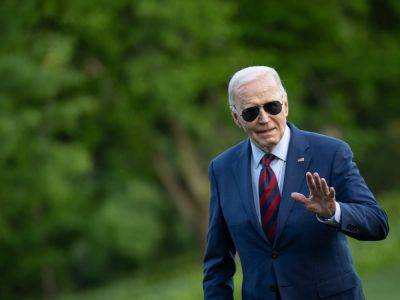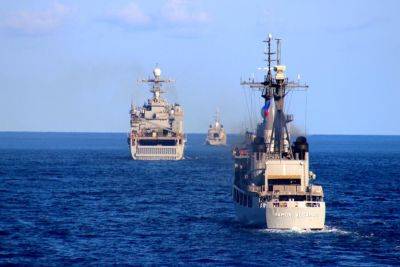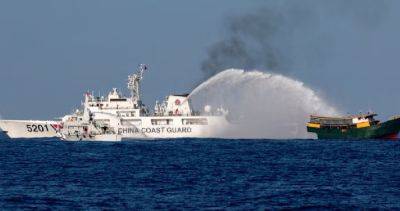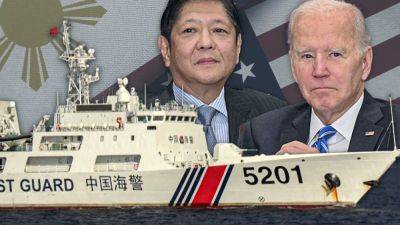Toward a China-checking Asian NATO
Last week’s US-Japan alliance bilateral summit between President Joe Biden and Prime Minister Kishida Fumio not only launched more than 70 deliverables that spanned the interagency, across the defense, across space, education, and technology, it also launched a new trilateral with the Philippines (at the summit level, at least), adding one more minilateral partnership to a lexicon that now includes AUKUS (Australia-UK-US), the Trilateral Strategic Dialogue (US-Japan-Australia), the US-Japan-UK naval trilateral, and the US-Japan-South Korea trilateral and the Quadrilateral Security Dialogue (“Quad”).
The prospect of Japan’s inclusion in Pilar 2 of AUKUS even raises the possibility that a second “Quad” may soon be on the cards. The US-Japan-Philippines trilateral is particularly welcome at a time when Chinese ships are trying to execute a critical boa-constrictor strategy on Manila’s Second Thomas Shoal.
The addition of a new grouping to an already-rich group of minilaterals raises a question on the future of the region’s security architecture. The current approach is to layer minilaterals across the traditional “hub-and-spokes” San Francisco System, incrementally adding partners, capabilities and areas of cooperation. Despite the burgeoning success of this approach, there are at least three long-term issues.
First, this new trilateral is going to add to the burdens of the diplomats and defense officials of the United States and Japan, who are already heavily committed in other groupings. Yes, the ministries can manage – for now – but how sustainable is this rinse-and-repeat approach. Arguably, we are at the working limit of how many trilaterals we can sustain with the workforce, time and resources that we have.
Second,







